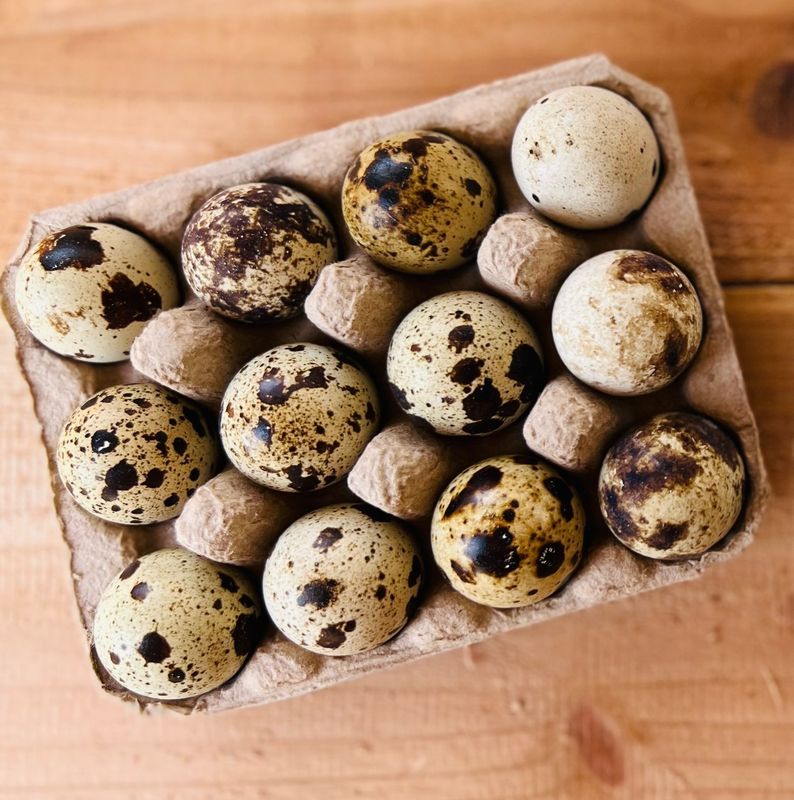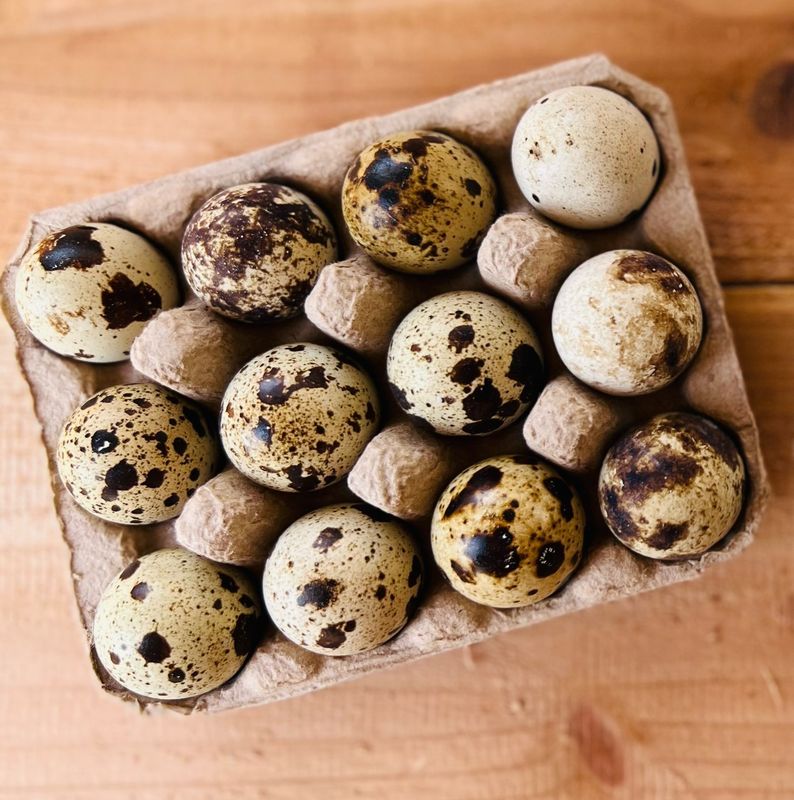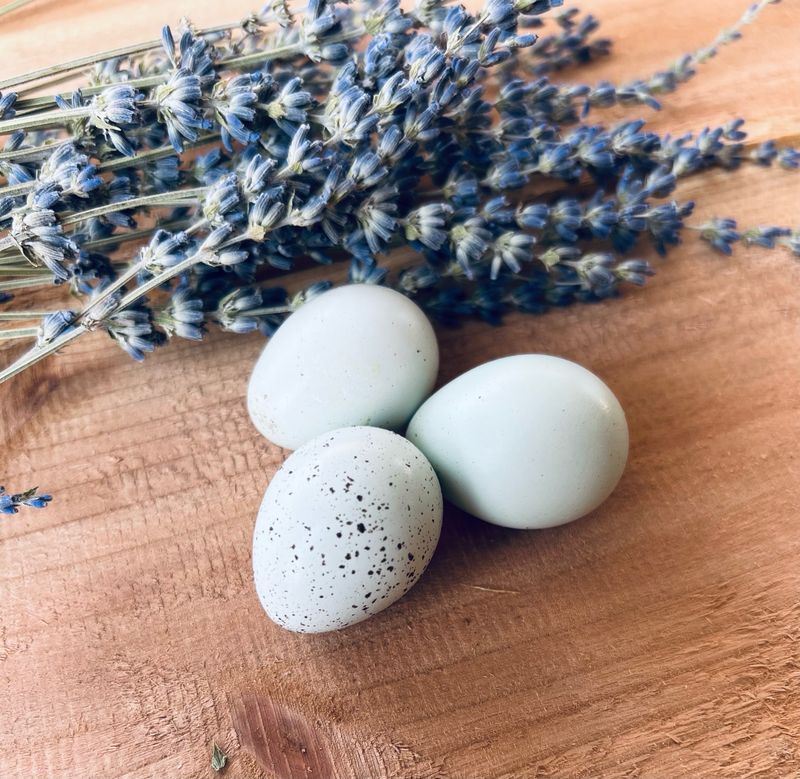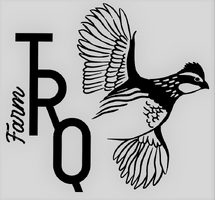Hatching Eggs
Jumbo Coturnix Collection:
The varieties available to hatch in this option are Jumbo Wild, Jumbo Egyptian, and Jumbo White Wing.
- Feather-sexable: All are feather-sexable at 3-4 weeks old.
- Classification: Jumbo
- Average weight at 10 weeks: Because this is a mix, average weights can vary from 12.2 – 14.2 oz
- Average egg size: Average egg size can vary from 14.05 – 15 grams
- Egg production: 265 – 285 eggs per year
- Average production life span: 1 year and 11 months (23 months of laying production)
- These birds are a great cost-effective way to start your own self-sufficient egg and meat supply or add a new bloodline. We guarantee a 50% hatch rate.
Standard Coturnix Collection:
The varieties available to hatch in this option are: Rosetta, Grau Fee, and Italian
- Feather sexable: All are not feather sexable. Vent sex at 6-8 weeks old.
- Classification: Standard
- Average weight at 10 weeks: Because this is a mix, average weights can vary from 8 – 10 oz
- Average egg size: Average egg size can vary from 10 – 13 grams
- Egg production: 280 – 320 eggs per year
- Average production life span: 1 year and 9 months
- These birds are a great cost-effective way to start your own self-sufficient egg supply or add a new bloodline. We guarantee a 50% hatch rate.
Standard Coturnix Celadon Collection:
- Feather sexable: All are not feather sexable. Vent sex at 6-8 weeks old.
- Classification: Standard
- Average weight at 10 weeks: Because this is a mix, average weights can vary from 8 – 10 oz
- Average egg size: Average egg size can vary from 11 – 13 grams
- Egg production: 280
- Average production life span: 2 years
- Hatch true: 100% – All chicks will carry the celadon gene!
We guarantee a 50% hatch rate. Our Celadons are TRUE BLUE, meaning they breed true and will carry the celadon gene 100% of the time.
These quail carry the celadon gene, responsible for their eggs' beautiful blue color.
However, to get this gene to pass down to your chicks, you must only breed celadons to celadons. Both the mother and the father need to carry the gene for it to be passed on. Breeding a celadon to a non-celadon, will not carry the gene. But if both parents have the gene, the chicks will carry it on!




